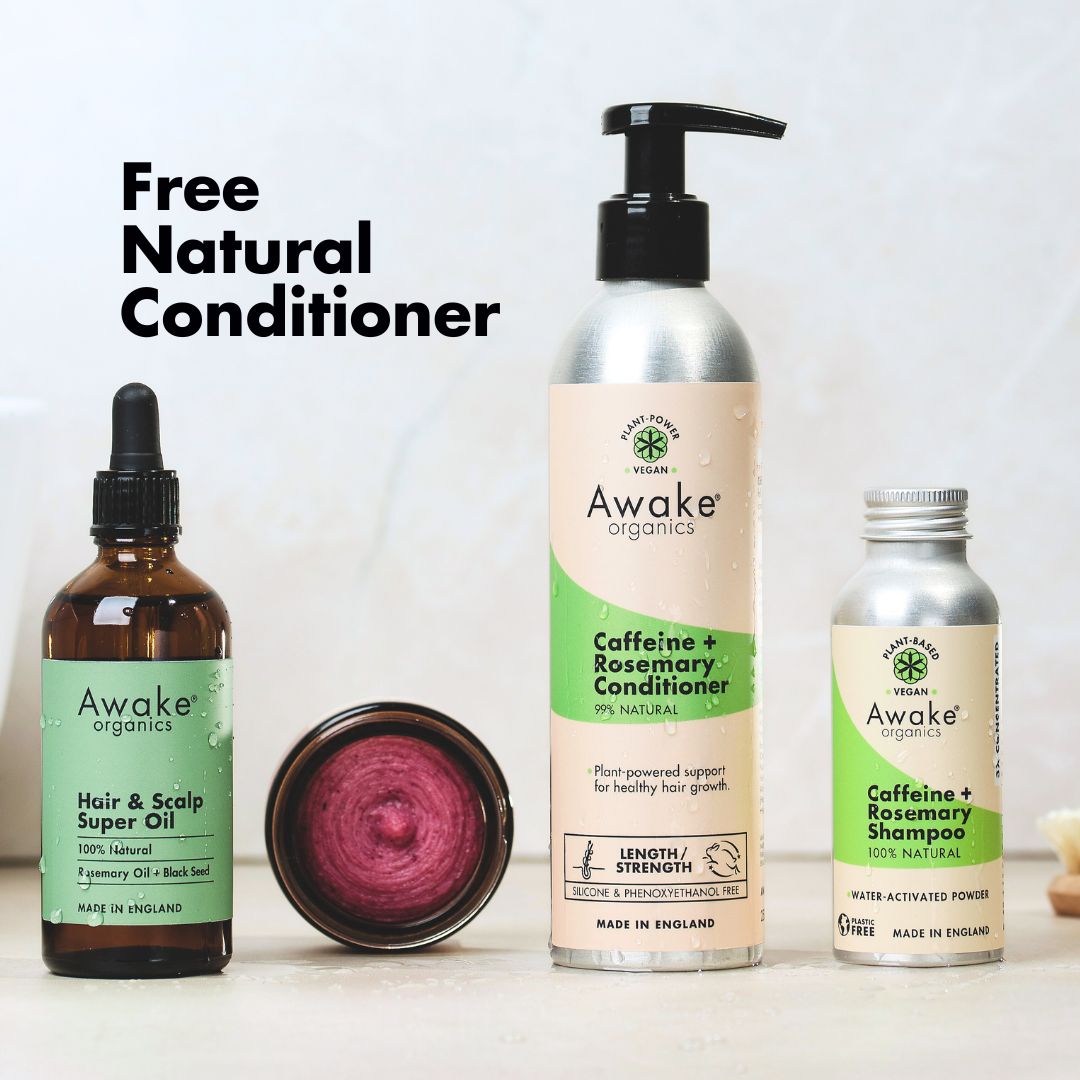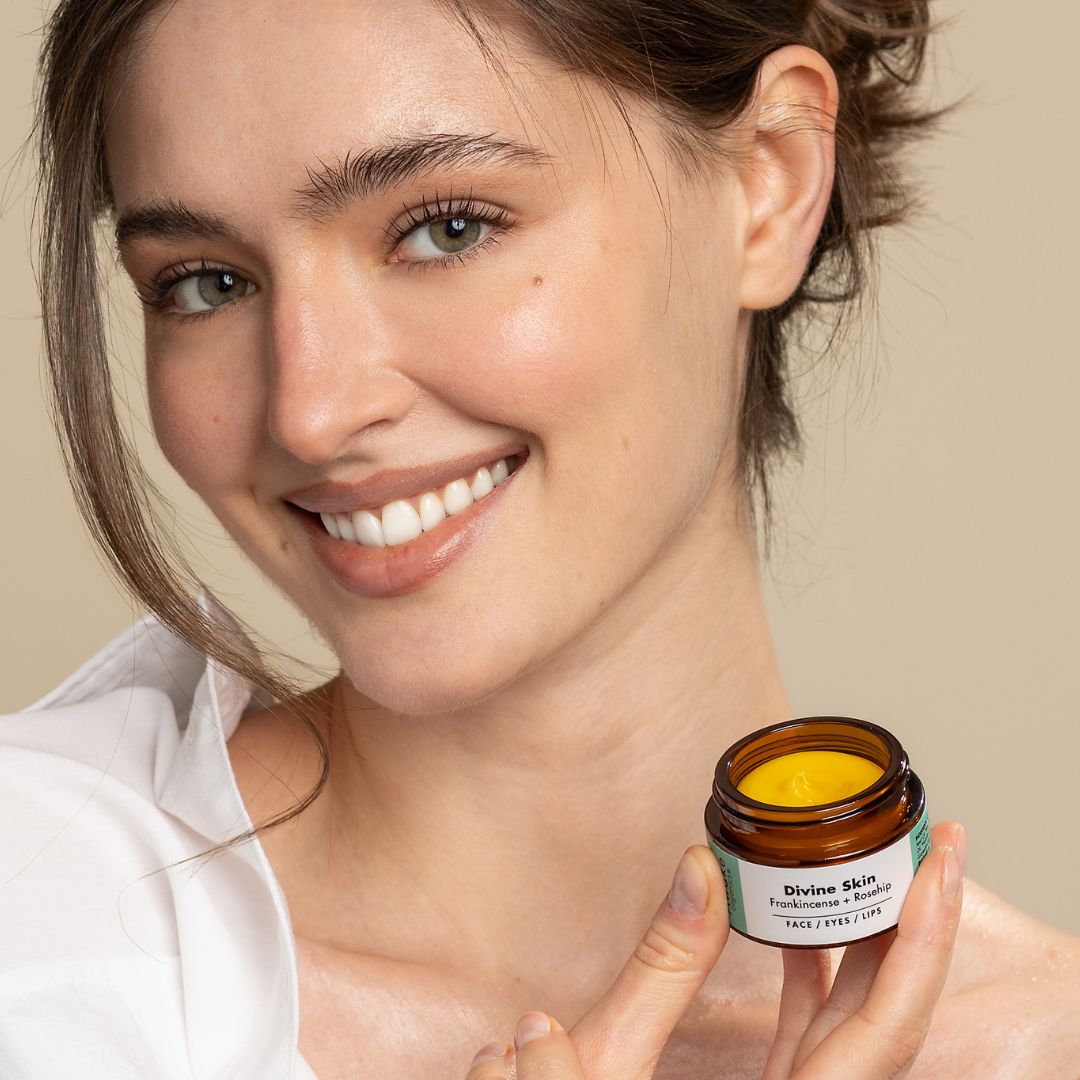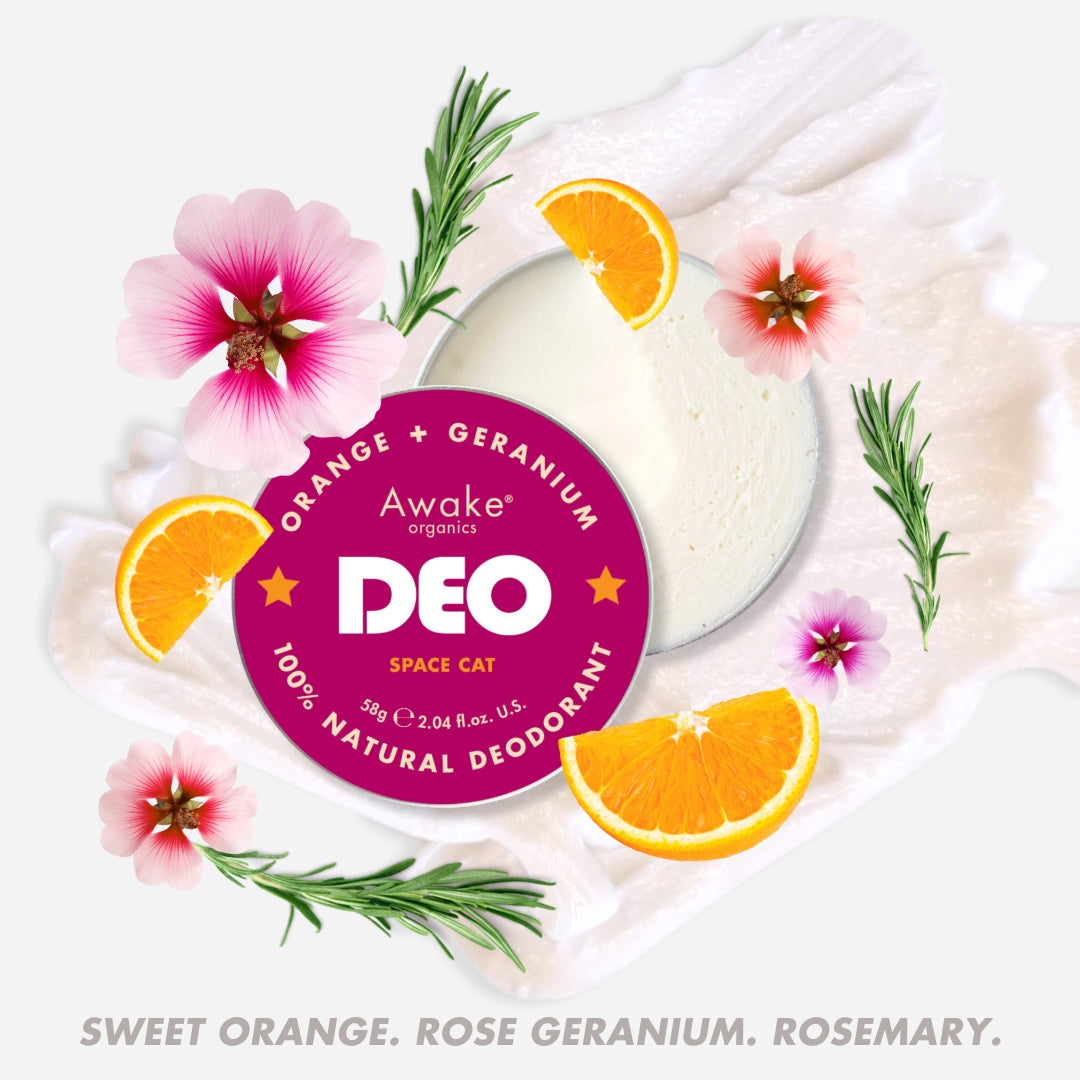
Bacteria. Viruses. Fungi. Mites. You are crawling with "bad guys." You are a walking, talking germ factory. YOU have been colonised! We're supposed to wage war on the the filth. But do you know this microscopic ecosystem is actually good for you? Do you know that you need bacteria for healthy skin and strong immunity?
Your germs are absolutely essential.
You have a thriving, invisible population of germs that harmoniously co-exist, keeping you safe, happy (yes, they can impact your stress levels) and healthy. When they are in balance, you would never even know they exist. When they are out of balance, you are more susceptible to external viruses and bacteria that can make you very ill.
Lockdown might be having more of an impact on your skin than you realise. Are you noticing your skin is breaking out, extra dry, rashy or dull? A lot of people are reporting their skin just doesn’t look great these days. If you think about it, it’s not hard to understand why that may be. Our skin renews itself every 28 days, so you’re seeing a reflection of what has been happening on the inside over the past month. As we process stress and difficult emotions, deal with loss of contact with our loved ones and natural spaces, probably eat and drink a little more than we did before and miss out on our beauty sleep, how can we expect our skin to be the picture of health? The Lockdown Skin Diaries is a series of short articles that offer simple ways to support your skin during lockdown.
What is The Skin Microbiome?
Your skin microbiome is an ecosystem of micro-organisms that live on you. You are literally colonised by millions of microbes consisting of bacteria, viruses, fungi and mites.
Your skin is your largest organ. Your microbes impact the way it looks and feels, and most importantly, its ability to serve as a barrier between you and the outside world.
How do bacteria keep your skin healthy?
A healthy skin microbiome protects you from infection by preventing the overgrowth of other more dangerous pathogens (bacteria, viruses, or other microorganisms that can enter the body and cause disease).
Microbes in the gut affect your skin too. Bacteria there make up around 70% of your immune system and function in exactly the same way to prevent the overgrowth of pathogens. An imbalance in gut bacteria can manifest as leaky gut, problematic skin and make you more susceptible to external viruses and bacteria.
Are you Killing your Good Bacteria?
Unfortunately, modern skincare and hygiene practices are encouraging the eradication of all germs in order to "keep us safe." But in an effort to protect ourselves, we are over-sanitising our bodies and destroying our natural microbiome, which is actually our best defence.
Antibacterial cleansers, hand sanitisers and even skincare that contains preservatives (all water-based products contain preservatives) wipe out up to 99.9% of all the bacterial colonies on your skin.
This leaves a lot of room for resistant and sometimes dangerous pathogens to move in. According to a recent study, even rosacea, acne and psoriasis can be caused or exacerbated by a microbiome imbalance.

How to Support your good bacteria through lifestyle, diet and skincare
1) Get Dirty
Even before we were all prescribed with hand-washing and sanitising every 20 minutes, and thanks to antibacterial cleaning products and the over use of antibiotics, our environment was at risk of being overly sterile.
Remember, you need a balanced microbiome in order for your benign bacterial colonies to thrive and protect you from pathogens.
Play in the soil, lay on the beach, swim in the ocean and walk barefoot on the grass! This is where you come into contact with beneficial bacteria that actually help to repopulate the community of good bacteria on your skin and in your gut.
2) Protect Your Good Bacteria
- Steer clear of antibacterial body washes and soaps. Regular soap and water works best to clean your hands and body.
- Keep hand sanitiser use to a minimum, using it only when you really need it.
- Avoid skincare with preservatives. The addition of preservatives keep the product safe by killing bacteria, viruses and mould that grow in water-based formulas. Unfortunately, the same applies to your skin.
3) Feed Your Good Bacteria
Eating well is obviously going to boost your levels of nutrients and have a positive impact on your overall health. But there are certain foods that do an extra good job of supporting your gut microbiome. These are foods with prebiotics and probiotics, like sauerkraut (learn how to make it here). Prebiotics are the food your probiotics eat and use to thrive, so it makes sense to eat them regularly too.
12 Prebiotic Foods For Your Shopping List
Asparagus, Garlic, Onion, Chicory, Leeks, Bananas, Barley, Oats, Apples, Cocoa, Flax Seeds, Seaweed
Sources
Rosacea, Acne, Psoriasis: The Skin Microbiome Connection (Study)
The Skin Microbiome Explained (Study)



